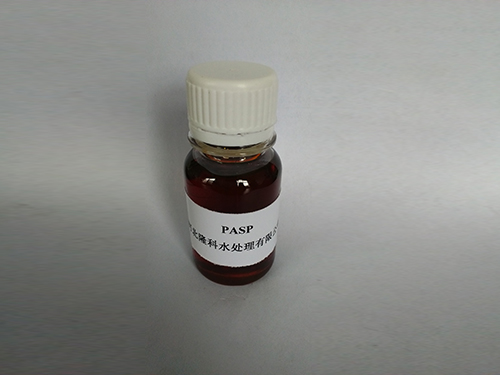limescale inhibitor
Understanding Limescale Inhibitors Protecting Your Plumbing and Appliances
Limescale is a common problem in many households, especially in areas with hard water. It builds up when calcium and magnesium dissolved in water crystallize and stick to surfaces, leading to potential damage to plumbing systems and appliances. To combat this issue, limescale inhibitors have emerged as an essential solution, offering effective protection and prolonging the lifespan of your household components.
Limescale inhibitors work by preventing the crystallization of calcium and magnesium. There are several technologies used to achieve this, including chemical inhibitors, magnetic systems, and electronic descalers. Chemical inhibitors, often introduced in the form of liquid additives, can alter the way minerals behave in water, keeping them suspended and preventing them from forming solid scale. These inhibitors are often non-toxic and safe for household use, making them an appealing choice for many homeowners.
Magnetic and electronic descalers, on the other hand, aim to address limescale formation through physical means. Magnetic systems involve placing a device around the water pipe that alters the electromagnetic fields and influences the behavior of calcium and magnesium ions. Similarly, electronic descalers use low-frequency signals to create a resonance effect that prevents scale from forming. While these methods are more sustainable and require no chemicals, their effectiveness can vary depending on water composition and flow rate.
limescale inhibitor

One major benefit of using limescale inhibitors is the protection they offer to appliances like water heaters, dishwashers, and washing machines. For instance, water heaters can develop limescale buildup in as little as a few months, significantly reducing their efficiency and lifespan. By employing a limescale inhibitor, homeowners can ensure their appliances operate efficiently, saving on energy costs and reducing the frequency and cost of repairs or replacements.
Moreover, limescale inhibitors can enhance the quality of water used in your home. Hard water can affect not only appliances but also plumbing systems and the overall water quality. The presence of limescale can lead to poor detergent efficiency, as it binds with soap, creating less effective cleaning results. By reducing limescale, you can enjoy softer water, which improves the performance of soaps and detergents, leading to cleaner dishes and laundry.
In conclusion, limescale inhibitors serve as a crucial tool for homeowners looking to protect their plumbing systems and appliances from the damaging effects of hard water. With various options available — from chemical solutions to magnetic and electronic devices — it is important to assess your specific needs and the characteristics of your water supply to choose the right inhibitor. By implementing a limescale inhibitor, not only can you extend the life of your appliances, but you can also enjoy the benefits of cleaner water and lower energy costs, making it a worthwhile investment for any household.
-
The Power of Isothiazolinones in Modern ApplicationsNewsMay.08,2025
-
Flocculants in Water TreatmentNewsMay.08,2025
-
Flocculants and Chemical Solutions: What You Need to KnowNewsMay.08,2025
-
Flocculants and Chemical Solutions: A Growing IndustryNewsMay.08,2025
-
Essential Chemicals: Polymaleic Anhydride and MoreNewsMay.08,2025
-
Acrylic Polymers: Essential Solutions for IndustryNewsMay.08,2025





